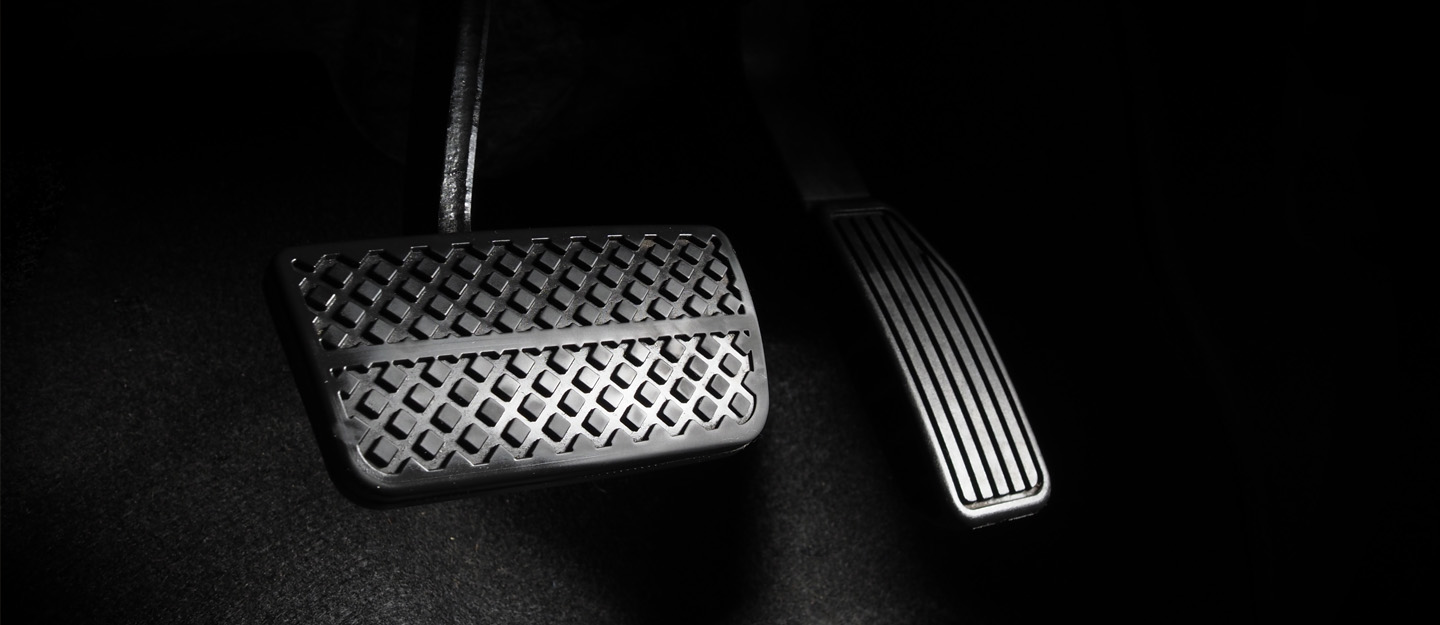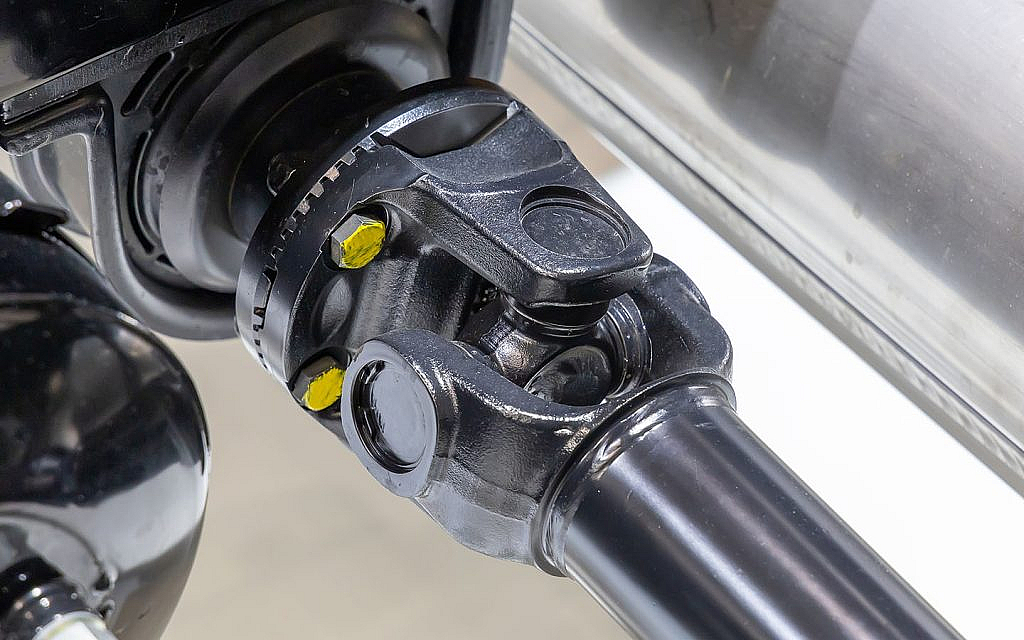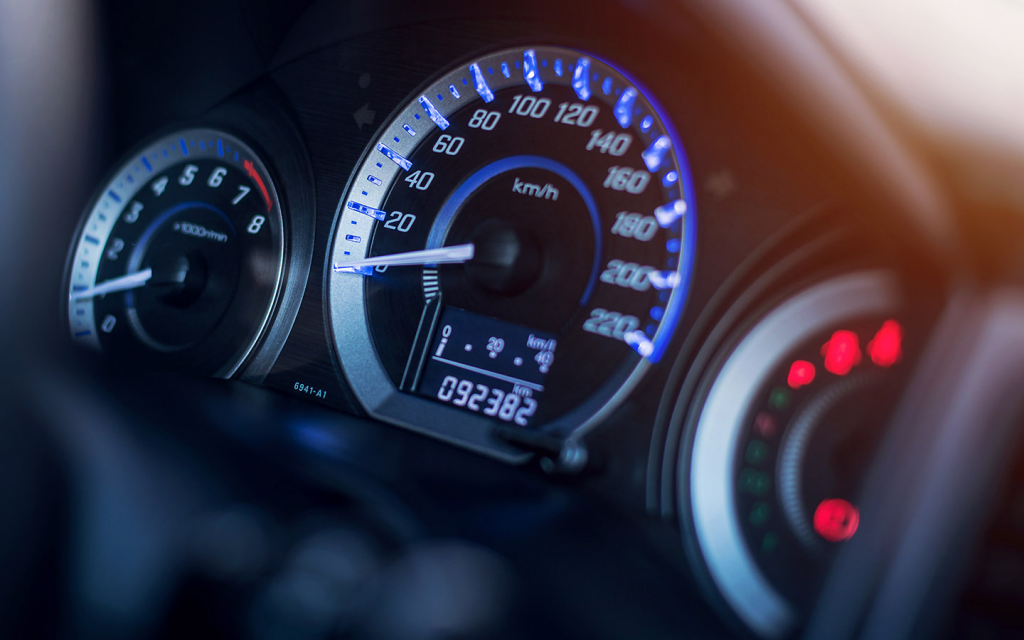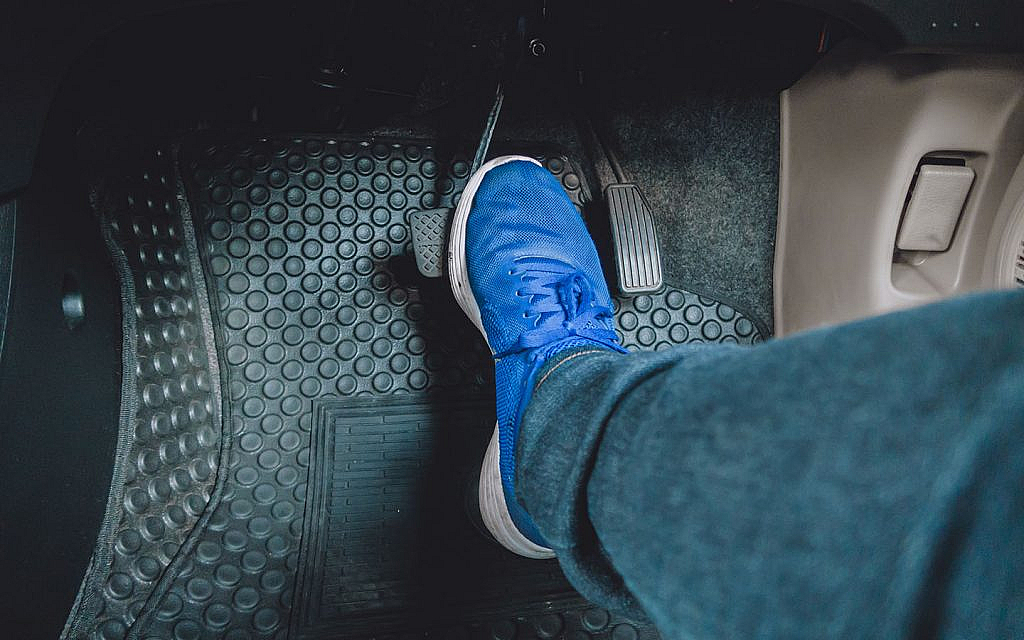What Is Hard Braking and Why You Should Avoid It

Vehicle components and systems have evolved significantly over the years. However, all these still work together to make a car move and enable the features to work efficiently. Problems in any major component can put the car at a halt. While some issues occur due to normal wear and tear, others may arise because of bad driving habits. Speaking of bad driving habits, hard braking is a rather common problem leading to different kinds of car issues.
We will do a detailed overview of what hard braking is, its effects on vehicles and some effective tips to avoid it.
What is Hard Braking?

As the name suggests, hard braking, sometimes referred to as ‘lead foot syndrome’ occurs when a driver applies sudden and excessive force on the brake pedal. This usually happens when the car is operating at a high speed and the driver suddenly needs to stop the vehicle.
Either way, hard braking can put vehicle and driver safety at risk. Particularly for heavy vehicles as sudden braking can cause jackknifing in trucks leading to major traffic disruption and accidents. It is also important to note that engine braking is different from hard braking.
Sudden braking may be the only option to avoid collisions in some cases. However, some drivers may have a habit of pressing the brakes hard. This bad driving habit can cause premature wear of some major components and make the vehicle unsafe to drive.
Reasons to Avoid Hard Braking
Apart from the safety aspect, hard braking can have some dire consequences on vehicles. Additionally, it is one of the bad driving habits damaging manual cars – at times leading to damages beyond repair.
That said, let’s now take a look at some of the aftereffects of hard braking and why to avoid it.
CAUSE ACCIDENTS
Aggressive braking may help avoid collisions but at times it can also lead to accidents. For instance, when driving over slippery or uneven roads, hard braking may result in loss of control. In such conditions where normal stopping may be the right option, pressing the pedal hard may become the cause of the collision.
CAUSE DAMAGE TO THE DRIVESHAFT

Damage to the driveshaft is another side effect of hard braking. Although the damage is not directly caused to the driveshaft, it can still affect the components such as brake pads and rotors. These damages can cause vibrations in the drivetrain – eventually leading to a damaged driveshaft.
TRIGGER ANTI-LOCK BRAKING SYSTEM
The Anti-lock Braking System (ABS) prevents the tyres from locking when drivers apply the brakes. ABS is rather common in most modern vehicles and is a great car safety feature. However, aggressive braking triggers the ABS even when it is not needed. This can lead to less effective brake pedals in the car.
REDUCE VEHICLE MILEAGE

Hard acceleration and deceleration can both reduce the vehicle’s mileage. Hard braking is one of the reasons for bad fuel consumption in a car. When you press a brake pedal hard enough, the car shifts to lower gears to help with acceleration afterwards.
However, lower gears take more power from the engine – leading to increased fuel consumption and decreased mileage.
PREMATURE WEAR OF TYRES
The car tyres history has witnessed the introduction of advanced, vehicle and weather-specific tyres. However, frequent aggressive braking can cause damage regardless of the tyres used. Car tyres can experience traction loss and show signs of early wear.
DAMAGE BRAKE PADS

One of the most common damage caused by hard braking is overheating and wear of brake pads. Aggressive braking may lead to brake fluid leakage and cause cracks in the brake hoses. You may need to change the brake pads before they run their course.
INCREASE HARMFUL EMISSIONS
Aggressive braking can also lead to increased harmful emissions. This not only damages your vehicle but can be lethal for the environment as well. Hard braking causes early wear and tear on roads, car parts and tyres.
This can release harmful microparticles in the air which are harmful to the living beings and the ecosystem. Apart from avoiding hard pressing of brake pedals, there are some other effective ways to reduce a car’s carbon footprint and contribute to the environment.
EFFECTIVE TIPS TO AVOID HARD BRAKING
The consequences of aggressive force on brake pedals should be clear with the aforementioned information. However, there are some effective ways to help you learn how to avoid hard braking. Let’s go through them in detail:
BRAKE EARLY
Vehicles usually take a small amount of time to stop when brakes are applied. Therefore, it is important to estimate the distance. Keep a safe distance from the vehicles in front. Apply brakes early and decrease the acceleration if other vehicles have stopped.
KEEP LEGS CLOSER TO THE BRAKE PEDALS

Stopping a vehicle becomes difficult if your legs are away from the pedals. You have to quickly adjust your feet in case there is a need to stop the vehicle. Usually, in this scenario, drivers apply more force on the pedal.
That said, keep your legs closer to the brake pedals. This gives you enough time to press the pedal when need be. Moreover, if your vehicle encounters problems like a hard brake pedal or others, have them fixed at the earliest.
APPLY AND RELEASE PRESSURE ON BRAKE PADS GENTLY
To avoid hard braking, always be sure to press the brake pedals gently. This ensures your vehicle components do not experience early wear and tear. Moreover, it is important to release the pedal gently as this also plays a part in ensuring component safety.
KEEP A CHECK ON BRAKE LIGHTS

Brake lights are a great way to know if the vehicle in front is about to stop. If you notice a brake light in the vehicle in front, apply brakes accordingly. Moreover, use your car’s brake lights to help the other drivers with stopping their vehicles.

This is everything you need to know about hard braking and the reasons to avoid it. Driving habits are pivotal for a car and its component’s running life. Brakes play an integral role in vehicle safety but it is important to avoid aggressive and needless usage.
Avoid hard braking and if your vehicle encounters any car brake problems, take your vehicle to the service station. Moreover, go through these car brake maintenance tips to ensure vehicle safety.
Modern vehicles are equipped with a ton of safety features that assist with vehicle stopping and enhance safety. You can add an advanced vehicle to your collection and ensure a safer ride. Have a look at these used cars for sale in the UAE and select from a myriad of vehicles listed.
Stay tuned to dubizzle’s auto blog for information about car driving habits and more.
Leave a Reply